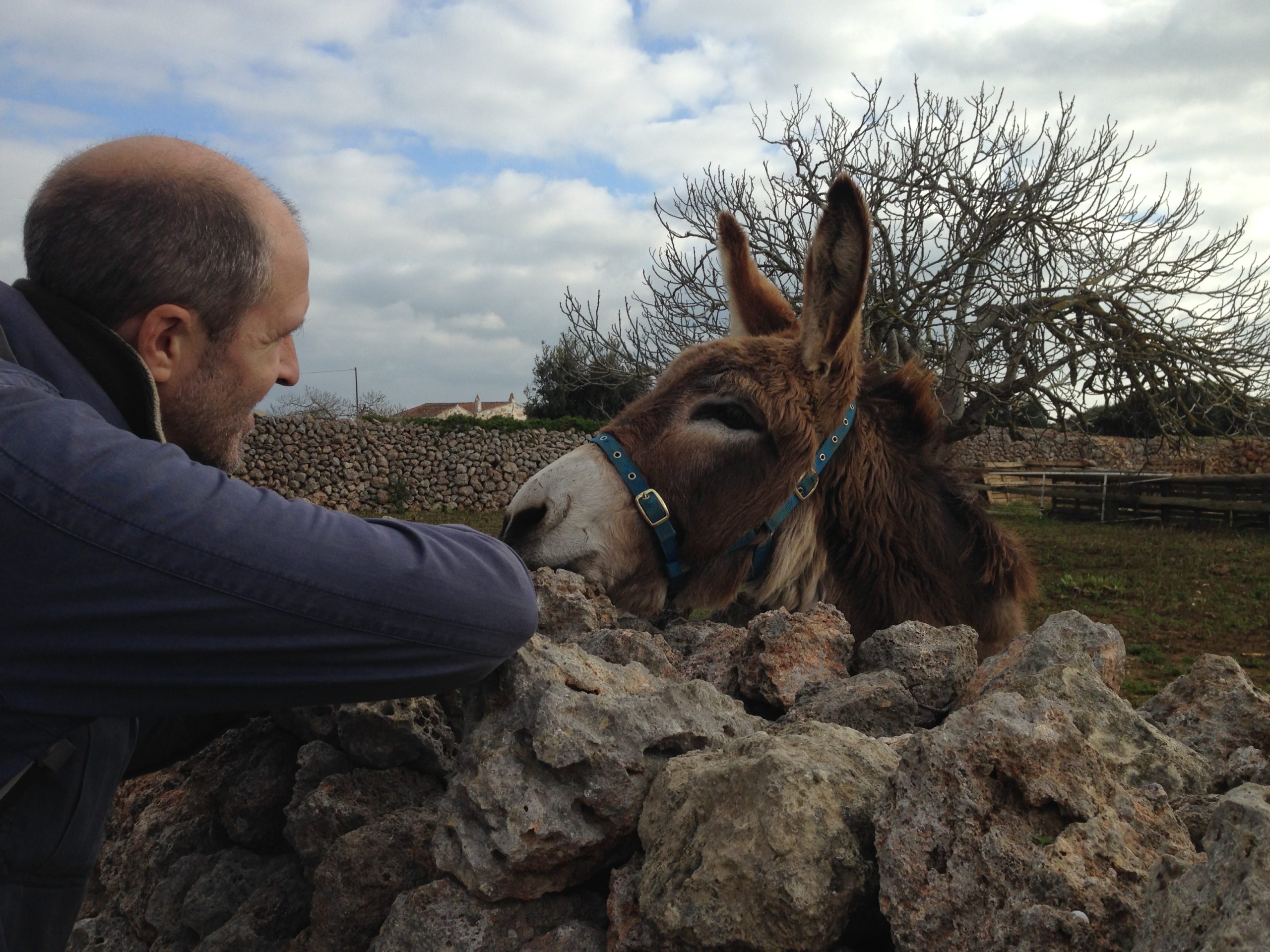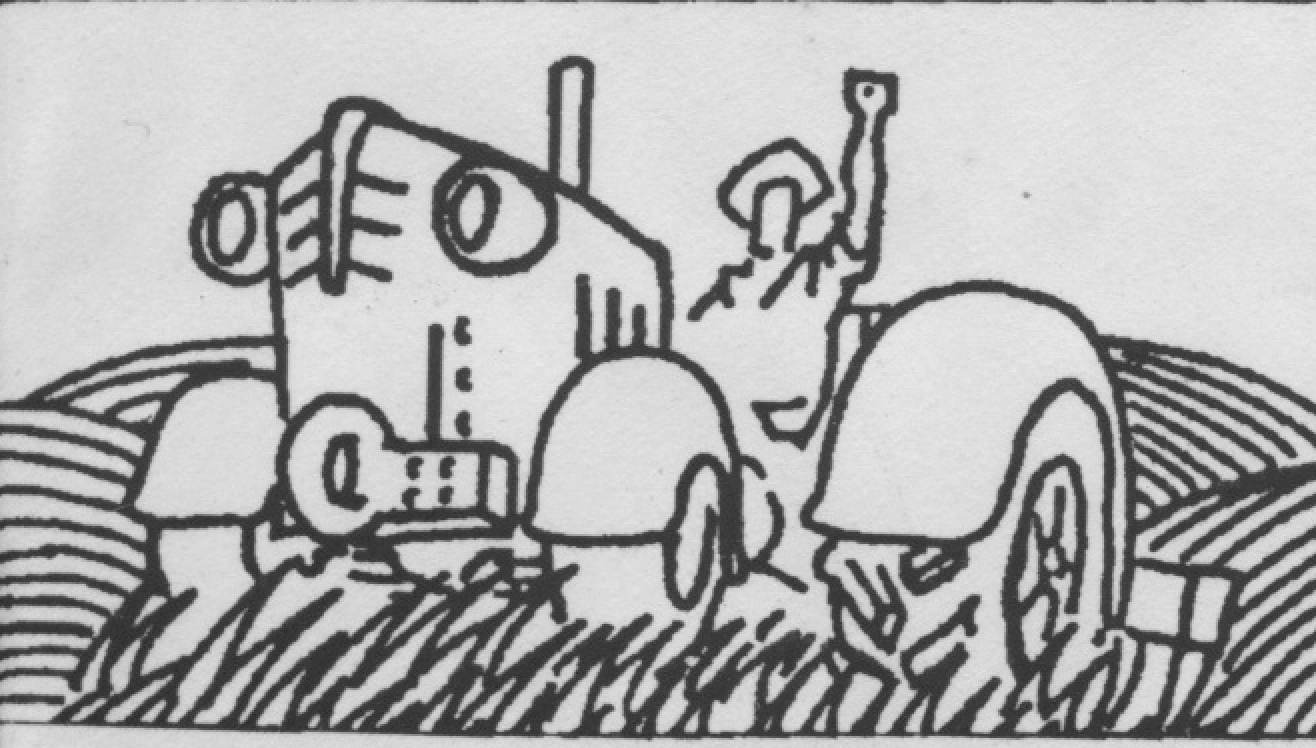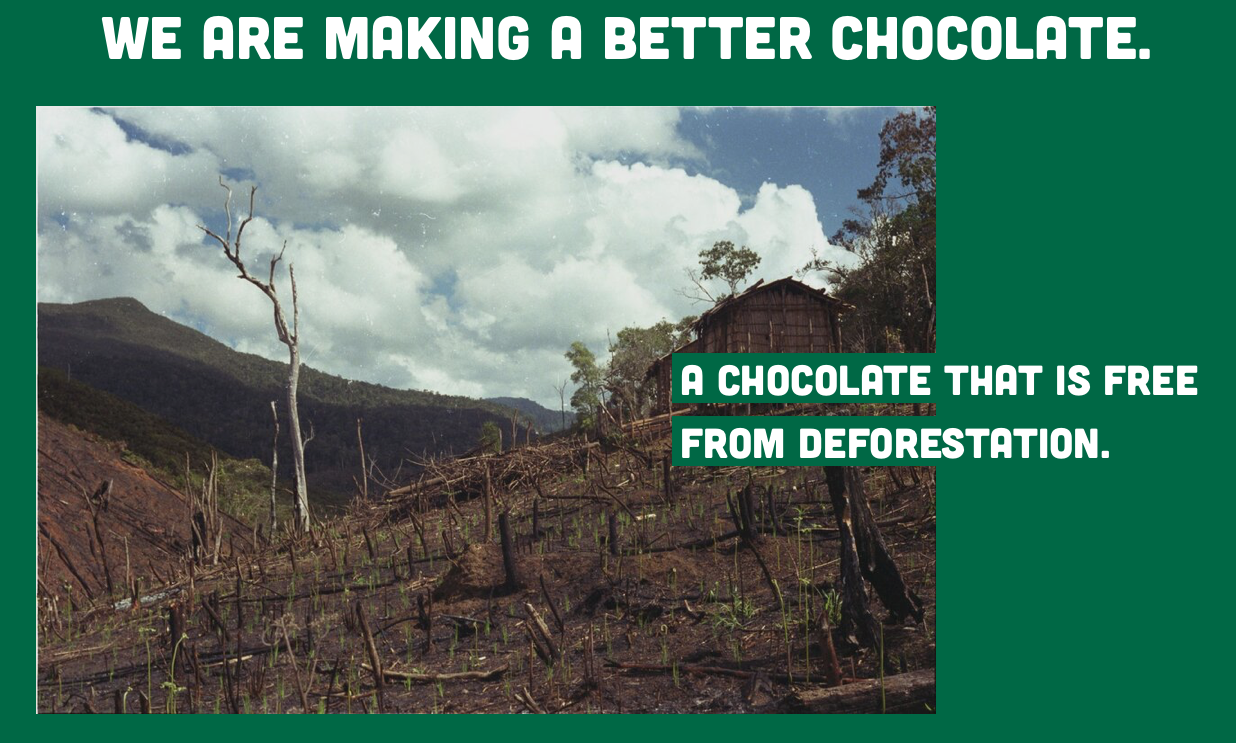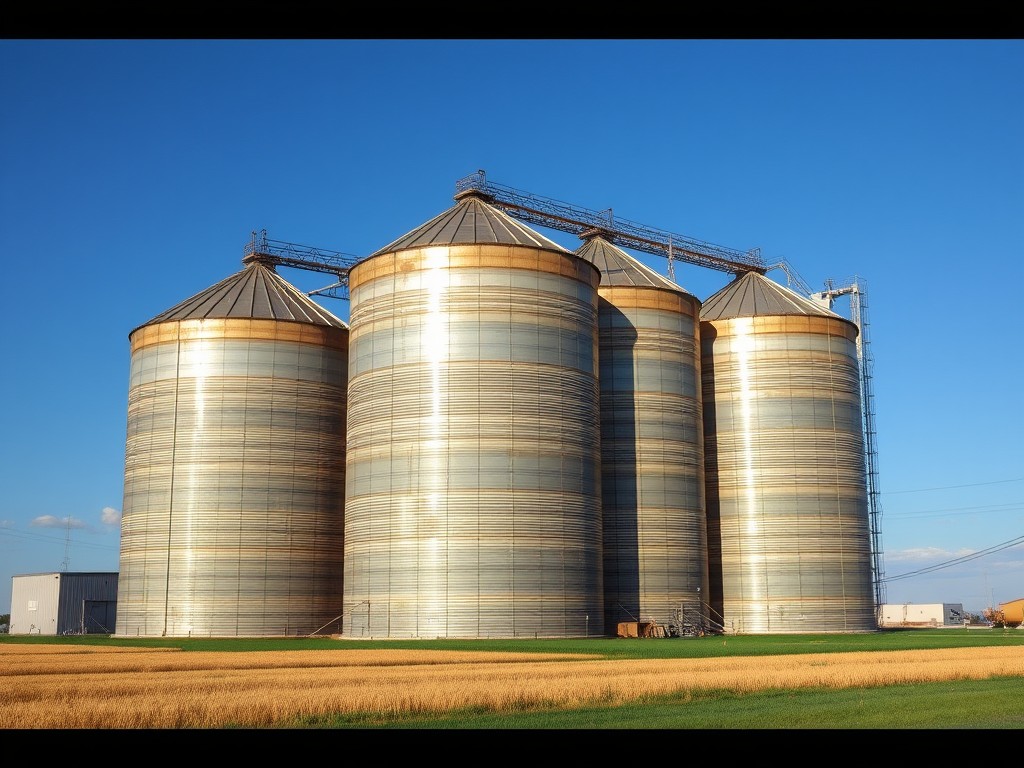
3 Comments
-
Marion
Interesting point of view, thanks for sharing. I wonder, though, why don’t you consider (historical) power asymmetry and injustice as factors explaining persistent hunger and malnutrition around the world? Many argue that if smallholder farmers were allowed to continue practicing small-scale, resource-efficient and ancestral knowledge-based forms of agriculture, food systems would be socially and environmentally sustainable, and able to feed everyone with healthy, nutritious and affordable food. The problem is that very often and in many places, land and water are taken away from local communities, natural resources are polluted, indigenous seed are patented, small farmers are criminalised, people’s health is jeopardised due to the use of highly hazardous pesticides and the list goes on. It is high time to name those who cause and benefit from these problems: agribusiness corporations and public authorities who allow this to happen. The key to achieving SDG2 has little to do with donor fatigue or productivity. It has to do with human rights, accountability and the political will, honesty and integrity needed to make private interests secondary to public ones. Here’s an interesting report with some examples: http://www.ipes-food.org/pages/LongFoodMovement




Pingback: Why is this announcement in Finland so serious? – My CMS